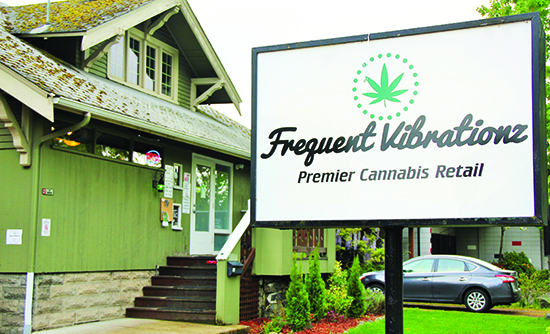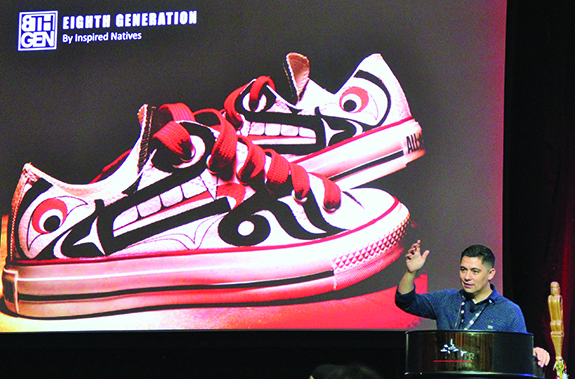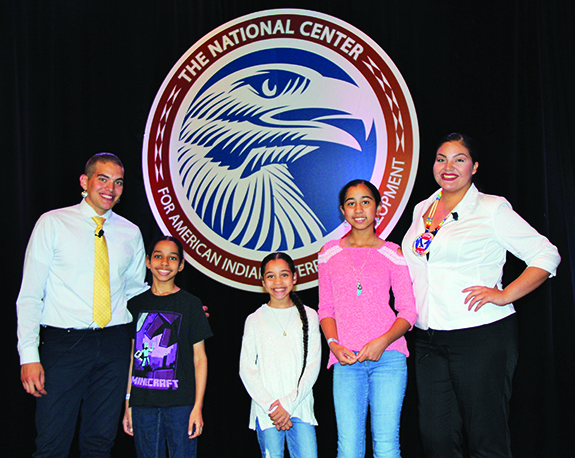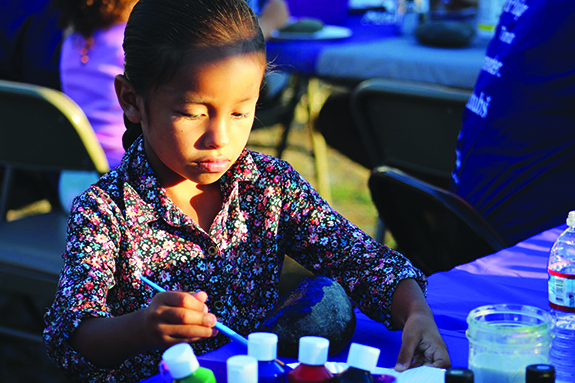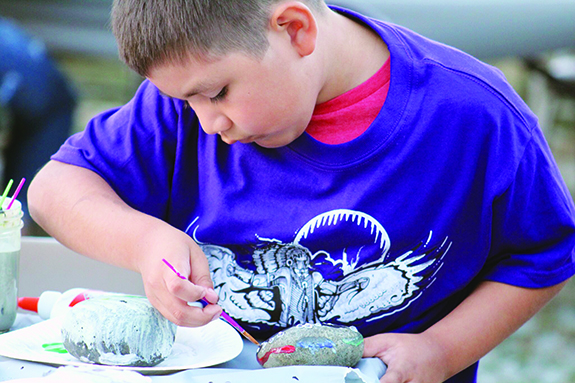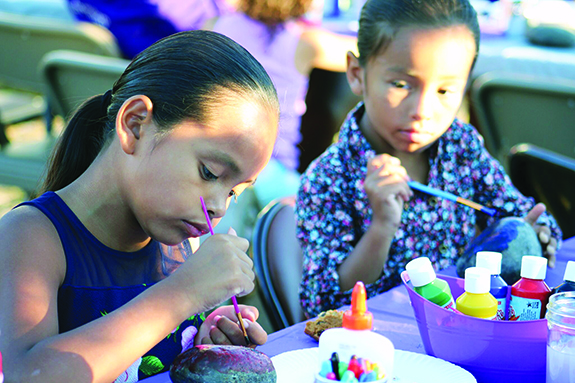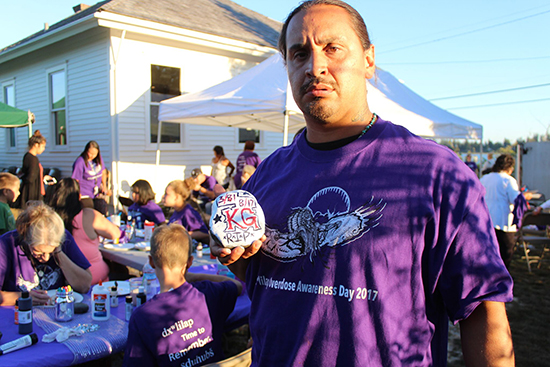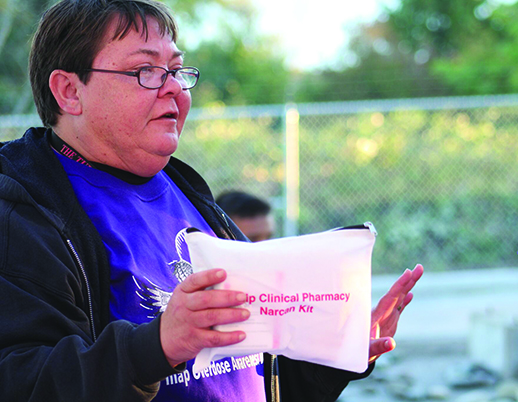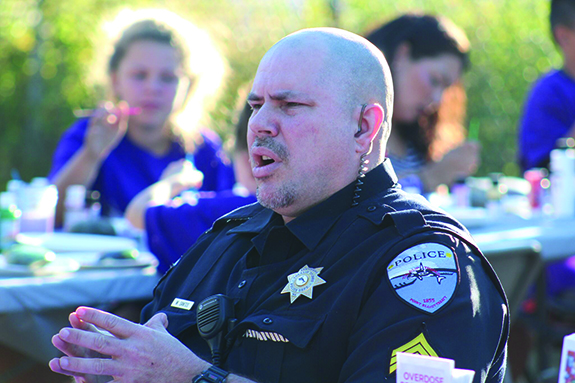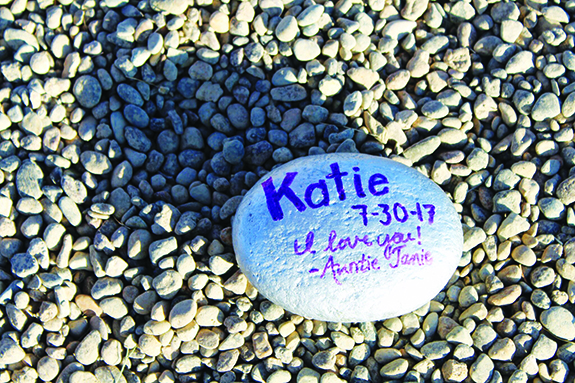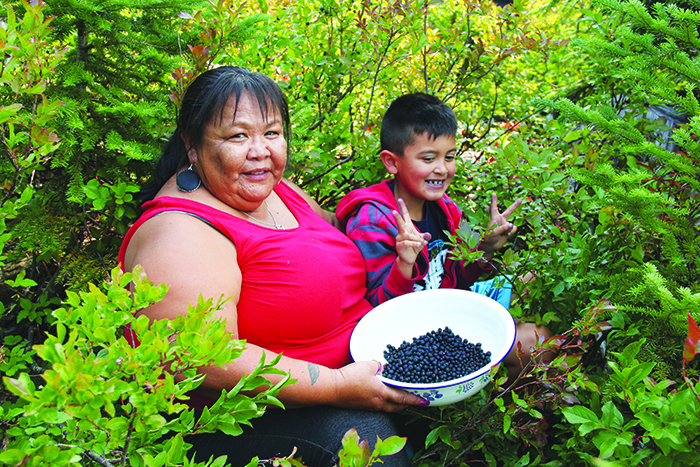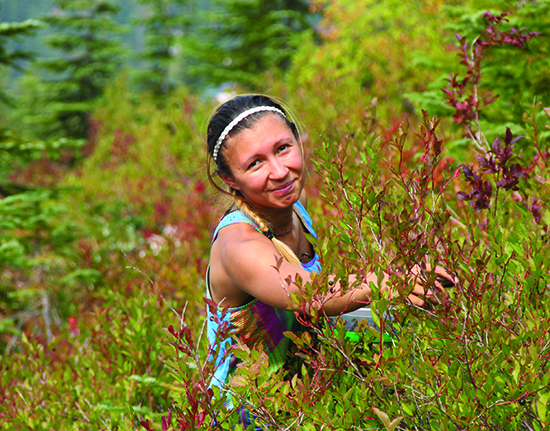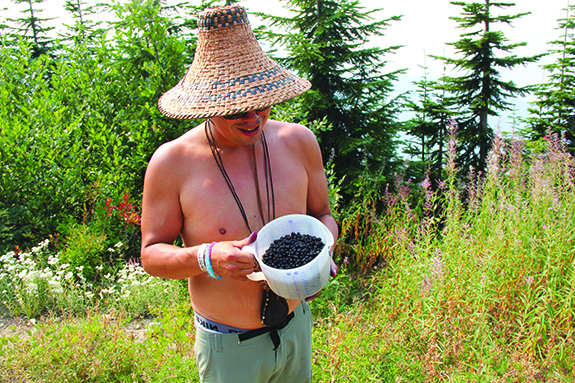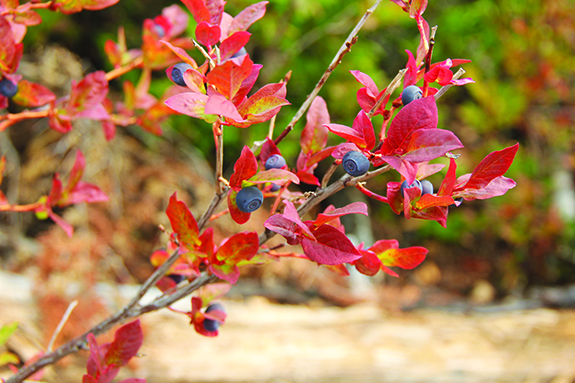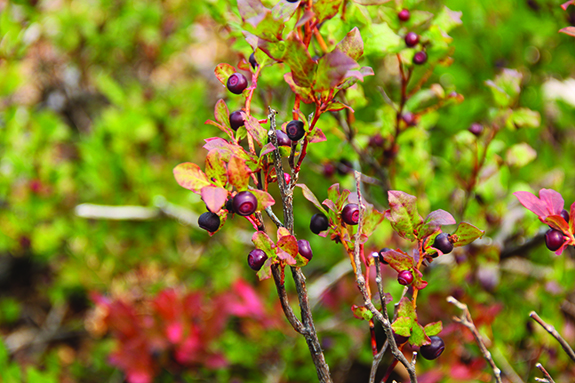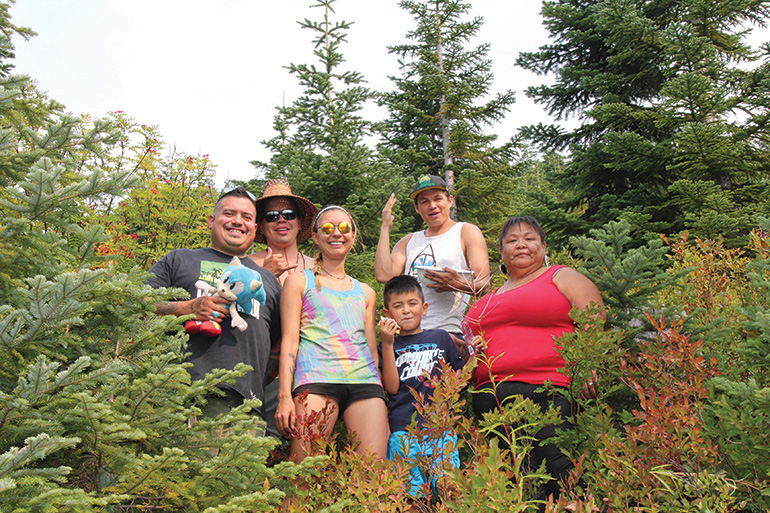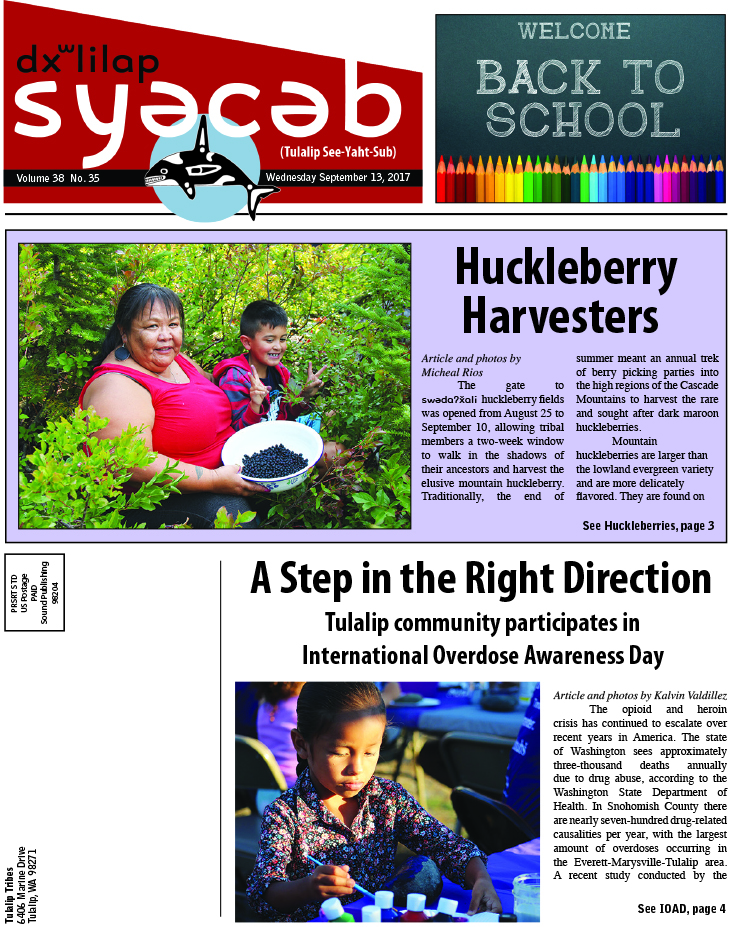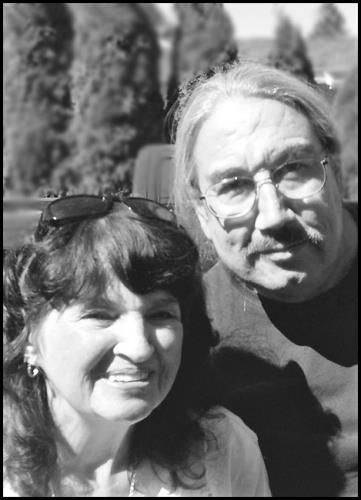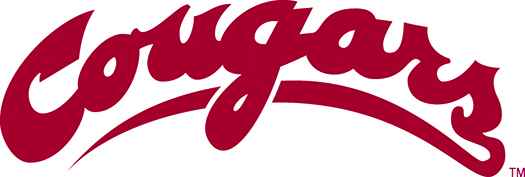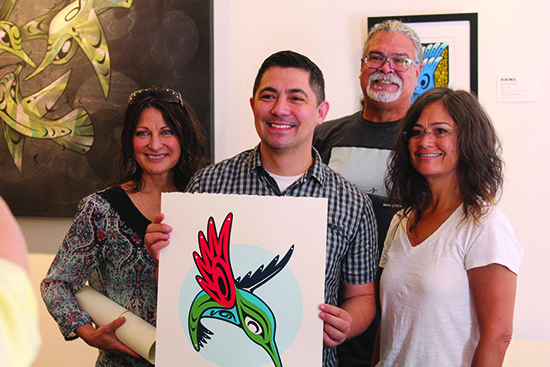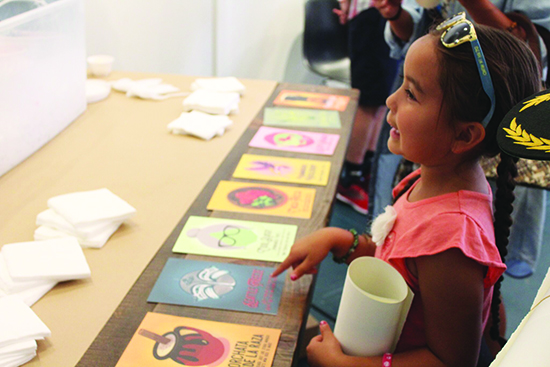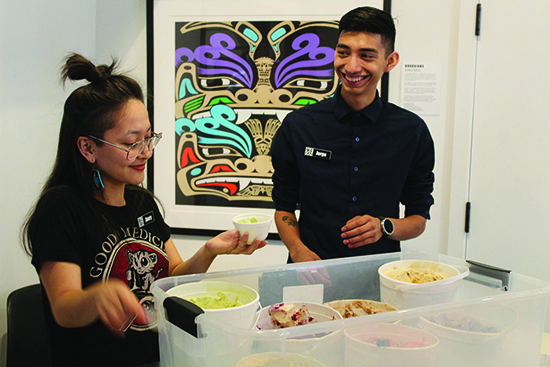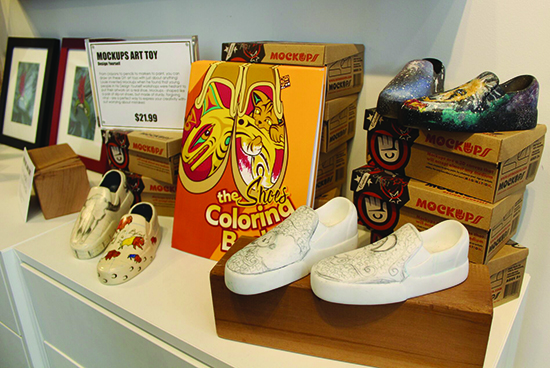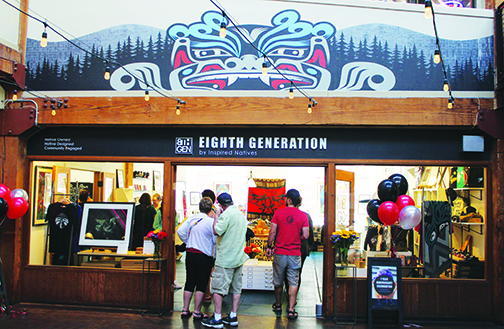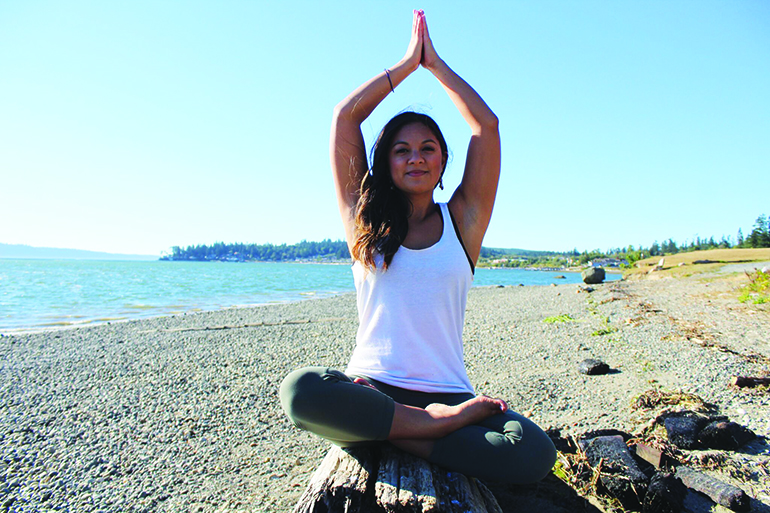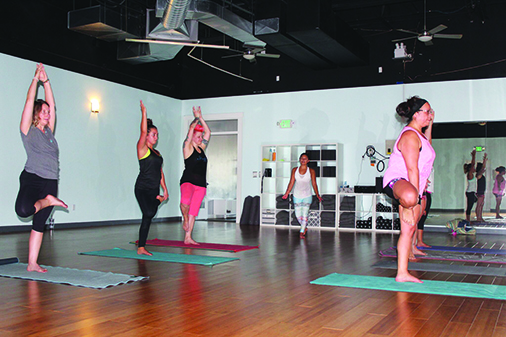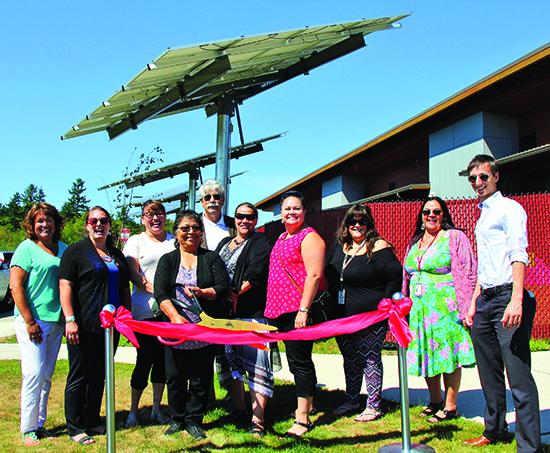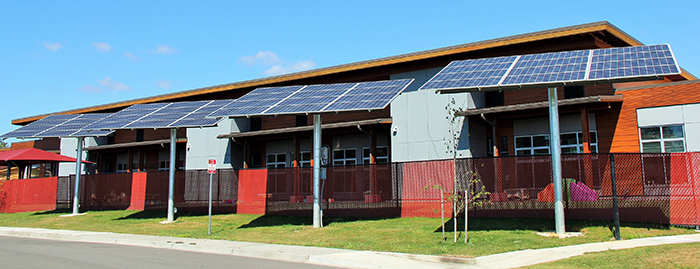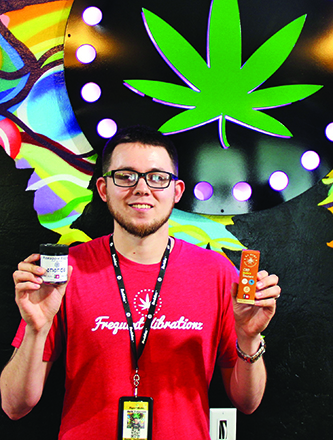
By Micheal Rios, Tulalip News
“What are you vibing on?” To 24-year-old tribal member Jack Peterson, this simple question has come to represent his aspirational journey from a wishful teenager growing up in one of Spokane’s poorest neighborhoods to an entrepreneurial twentysomething riding a wave of cannabis legalization.
Born on the Tulalip Reservation, Jack relocated to Spokane when he was only 2-years-old to live with a surrogate family because of his biological parents’ struggle with substance abuse. Considered home to the lower class of Spokane, the Hillyard neighborhood is where he spent most of his formative years being raised by a loving, stable family.
“I got separated from the Tulalip Reservation at such a young age, but I feel like the Tribe has always been there for me offering assistance and support with school and activity costs,” says Jack. “I grew up knowing I was Tulalip, but lacked the appropriate understanding of the culture. I’ve always felt this missed attachment to my homeland, especially with all these questions I had like what kind of people were my biological parents and who my family was on the reservation.”
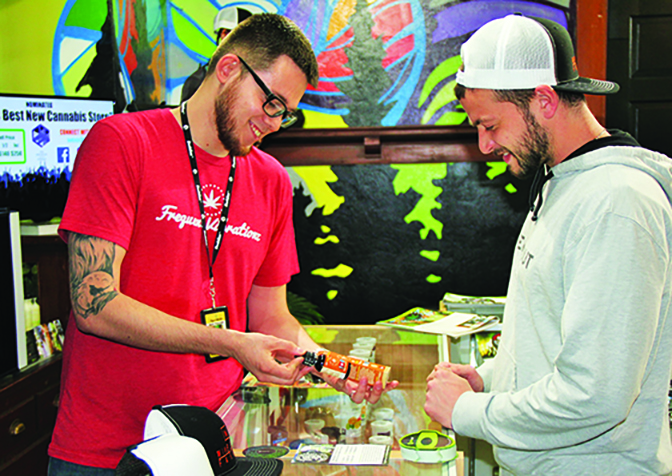
As a teenager Jack went to Rogers High School where he consistently made honor roll and became an active participant in DECA (a high school student-based organization that prepares emerging leaders and entrepreneurs for careers in marketing, finance, and management). The business concepts and skills he learned in DECA would spark a burning passion to become a manager or owner of his own business one day.
In 2011, after graduating high school, he attended UW Seattle for a year to study pre-Medicine. Although the thought of aiding and possibly curing people’s pains medically meant a lot to him, the pull to the business world was just too strong. So Jack transferred to Eastern University after being accepted into the business program. While attending Eastern as a full-time student, he moonlighted as an assistant for friend’s cannabis grow operation. What started as a side job to make a little extra money for school and pay bills quickly got Jack’s entrepreneurial mind tinkering with all kinds of ideas.
The grow operation was small-scale, only growing about 10 plants or so, but they started growing concentrates and selling them to local medical shops. In the summer of 2015, Washington State legalized cannabis for recreational use and Jack jumped on the opportunity to become a budtender, a person who serves customers at cannabis shops, at a recreational shop called Greenlight.
The knowledge gained from not only growing and selling cannabis, but from interacting with shop owners and large-scale growers became instrumental. With the level of experience he now had and witnessing what was happening in the cannabis industry first-hand, young Jack’s mind turned to grand plans. The experience fueled a now burning passion to open a business of his own, as he foreshadowed a potential boom in the Oregon recreational market.
“Working at the Greenlight shop provided me with so much invaluable experience into the cannabis industry. When news broke that Oregon was getting ready to legalize recreational cannabis I knew that was my best opportunity to open a business of my own while being able to capitalize on a new, growing market,” reflects Jack on a time when Washington State was seeing a lot of competition with so many recreational shops opening their doors.
So in July 2016, Jack and his wife, Courtney Peterson, packed up everything they owned and moved to Eugene, Oregon hoping to pioneer a new market. Riding the cannabis legalization wave meant leaving everything he knew behind, but also meant Jack would have the best opportunity to achieve his long held belief he’d run a business of his own someday.

After months of sheer determination and grinding to find the perfect location to open his business and to raise enough funds to cover start-up operating expenses, Jack and co-owner Brandon opened the doors to Eugene’s first 100% recreational cannabis retail shop on November 11, 2016. Its name: Frequent Vibrationz.
“The meaning of the shop’s name comes from our desire to help you the customer find your good vibe as frequently as possible. Whether your vibe is something more relaxing to help with pain or an illness, or your vibe is something to get you happy and help socialize with friends, we can help you to reach where you want to be,” explains Jack. “Right now our slogan is #VibeOn. It’s something people can wear or say in public that doesn’t scream pot or marijuana, but still connects our customers to us. It’s developed from us saying every time a customer leaves “vibe on!” to customers saying “Hey, vibe on!” when they enter the store.
“It’s something that’s taken on a life of its own now, it describes a lifestyle. #VibeOn is much more than being about just a cannabis product, it’s being active, being a professional, or being a business person and still using cannabis on a daily basis to reach your optimal vibe.”
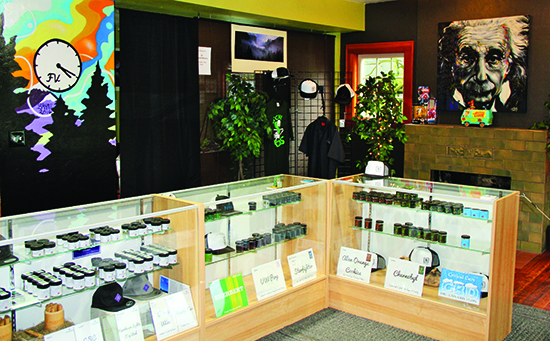
Over the nine months since it first opened, Frequent Vibrationz has earned a committed and loyal following because of the focus on quality and customer service. With repeat business as a key component to a recreational shop’s long-term success, the “Vibe Guides” at Frequent Vibrationz provide an experience and lifestyle over just selling product.
Amy Lee of stonermag.com states, “Co-owners Jack and Brandon have opened a dispensary that on all level succeeds in bringing their personalized and relationship-driven vision to [the customer]. It’s the knowledge of the staff that really brings people back again and again. The layout of the place is very welcoming. Frequent Vibrationz is a dispensary with no lobby, there’s no waiting and no entering your ID into a database. We loved the convenience of that. Making this a stop in your journey to finding the right Vibez is highly recommended.”
Jack has made it a point to give back to the Eugene community since its home to his dream come true. The staff of Frequent Vibrationz have performed a number of community outreach efforts, including trash clean-up days, holding several charity drives for the local humane society and raising funds for the birds of prey foundation.
The competition continues to grow as more and more recreational shops open in Oregon, but Jack Peterson, the newly minted business owner, has little doubts he has found a winning strategy.
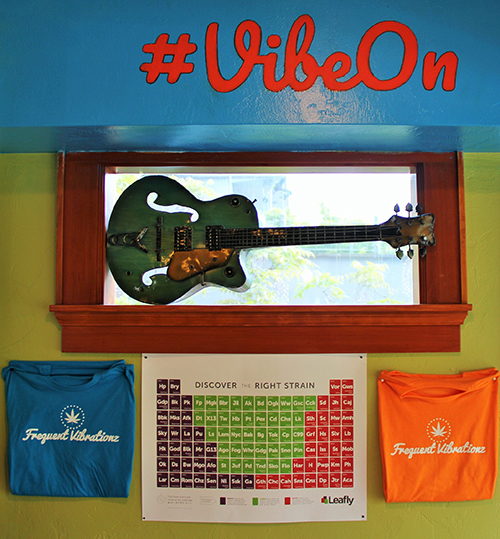
“We are seeing continued growth through the increased competition, and we remain the highest rated dispensary in Eugene based on our Google, Facebook, Weedmaps, and Leafly reviews,” beams Jack at the success he has found and hopes to continue. “We push forward every day with a goal to ensure our return customers are happy and continue to be treated as family. While our new customers are given the whole Frequent Vibrationz experience and welcomed to join the family. I think this unique customer experience is what has separated us from the rest, as well as our philosophy for having the highest quality products at the best prices in town.”
Frequent Vibrationz has not only allowed Jack to fulfill his lifelong ambition of running his own business, but also connects him back to his Freshman year at UW when he was focused on medicine. The list of medical uses for cannabis grows larger every day, as the medical and science community publish more and more articles on the subject. Jack shared that a large portion of his customer base are individuals who use cannabis for a variety of medicinal purposes to increase their quality of life.
“Kind of funny to think that at one time I was attending UW hoping to become a doctor so I could help people medically and now, like a doctor, I’m helping people with the healing power of cannabis,” marvels Jack. “The best example of this is a customer I’ve come to know quite well. She came in one day really interested in CBD tinctures. We sold her one and a couple weeks later she comes back and tells us her story about how she suffers from seizers, up to 6-8 per day. Treating herself with the CBD tincture she went two weeks seizure free. At twenty-eight years-old she has found a much higher quality of life, nearly seizure free with regular use of CBD tinctures. Cannabis has changed her life and it’s amazing to think I played a role in that with my business. Helping individuals manage or treat their medical issues by finding their vibe is a game changer.”
The court of public opinion on cannabis has shifted greatly in just the last couple years alone, with several States in the nation legalizing it recreationally. Referring to cannabis as medicine or a healing flower that is a much safer and natural alternative to pharmaceuticals, such as addictive pain killers, is now common place in many social circles. It’s part of the process to deconstruct the often negative and stereotypical views of cannabis, while empowering those who seek to find their optimal vibe.
To find more information on Jack and his highest rated cannabis store in Eugene, Oregon please visit https://www.frequentvibrationz.com/
